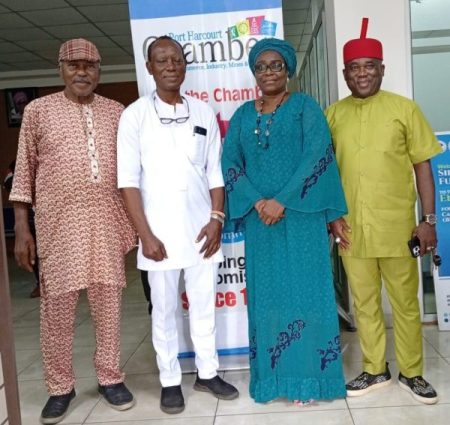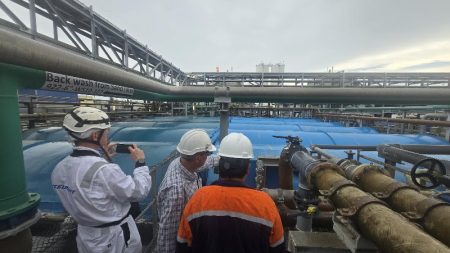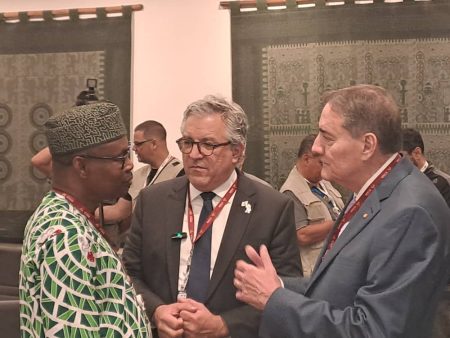 27 September 2013, Sweetcrude/African Press Organization, APO, WASHINGTON — With African Development Bank, AfDB, support, Zambia has received approval for a $38 million infusion of support from the Climate Investment Funds’, CIF, Pilot Programme for Climate Resilience, PPCR, to undertake the Strengthening Climate Resilience in the Kafue Sub-Basin project.
27 September 2013, Sweetcrude/African Press Organization, APO, WASHINGTON — With African Development Bank, AfDB, support, Zambia has received approval for a $38 million infusion of support from the Climate Investment Funds’, CIF, Pilot Programme for Climate Resilience, PPCR, to undertake the Strengthening Climate Resilience in the Kafue Sub-Basin project.
The project will have two components: strengthening the capacity of 800,000 rural communities who depend on rain-fed agriculture and natural resources to better respond to the consequences of climate change including floods and droughts; and strengthening the climate resilience of rural roads that link farmers to markets and to the Kafue National Park.
The project, to be implemented by the AfDB, is particularly significant for Africa’s climate resilience efforts because it is the last project in the current AfDB PPCR portfolio to receive approval.
Of the $292 million allocated for PPCR by CIF to Africa (or roughly 30 percent of the total PPCR resources available globally), $110 million – around a third – is being channeled through the AfDB for in-country investments.
The full AfDB PPCR portfolio will now move to implementation, the first MDB PPCR portfolio to do so.
“This approval sends an important signal, not only for Zambia but throughout Africa, that countries can hope for resilient societies if adequate resources and approaches are provided and supported. Now that all five projects under AfDB’s PPCR portfolio have received approval, we will concentrate our efforts on practical action on the ground, working with communities affected by climate change to help ensure their sustainable future,” stated Mafalda Duarte, AfDB’s CIF Coordinator.
“This approval, however, is only a drop in the ocean given Africa’s adaptation needs, and we can only expect that renewed attention will be given to continue to support adaptation efforts in PPCR countries, and, most importantly, support for other African countries too, using different available financing instruments.”
Specifically, the project will emphasize:
• Community-level infrastructure projects, such as small-scale, community-level flood control and diversion structures, small-scale irrigation schemes, water reservoirs and small dams, de-silting and restocking ponds, improved wells and boreholes, community forest plantations, and wildlife estate and community game ranches;
• Comm-level support systems such as training farmers on conservation agriculture, management of soil moisture and fertility, providing inputs such as seeds for drought and flood-resistant crop varieties for crop diversification, seedlings for fruit orchards, livestock and fisheries for diversification of farming systems, erosion control and improved grazing and pastures as well as value-addition investments;
• Construction and rehabilitation of climate-resilient roads stretching 27.52 km from Kalomo to Dundumwezi (75.25 km) and Itezhi-Tezhi to Namwala (52 km) to better withstand flooding.
The project is designed to support the country’s Strategic Program for Climate Resilience, SPCR, by helping foster sustained economic growth, reduce poverty and enhance food security. The project’s approach will be to involve groups of farmers and local communities in climate risk planning, implementation and evaluation of project interventions to strengthen the capacity and enhance adoption of new technologies and practices that reduce climate vulnerability. Farm and community level activities will be technically guided by two sources: the Government at the District level, and local NGOs. The project is designed to be completed in five years. With PPCR approval confirmed, the project will shortly go to the AfDB Board for its final approval.
About the Climate Investment Funds, CIF:
Established in 2008 as one of the largest fast-tracked climate financing instruments in the world, the $7.6 billion CIF provides developing countries with grants, concessional loans, risk mitigation instruments, and equity that leverage significant financing from the private sector, MDBs and other sources. Five MDBs—the African Development Bank (AfDB), Asian Development Bank (ADB), European Bank for Reconstruction and Development (EBRD), Inter-American Development Bank (IDB), and World Bank Group (WBG)—implement CIF-funded projects and programs.



